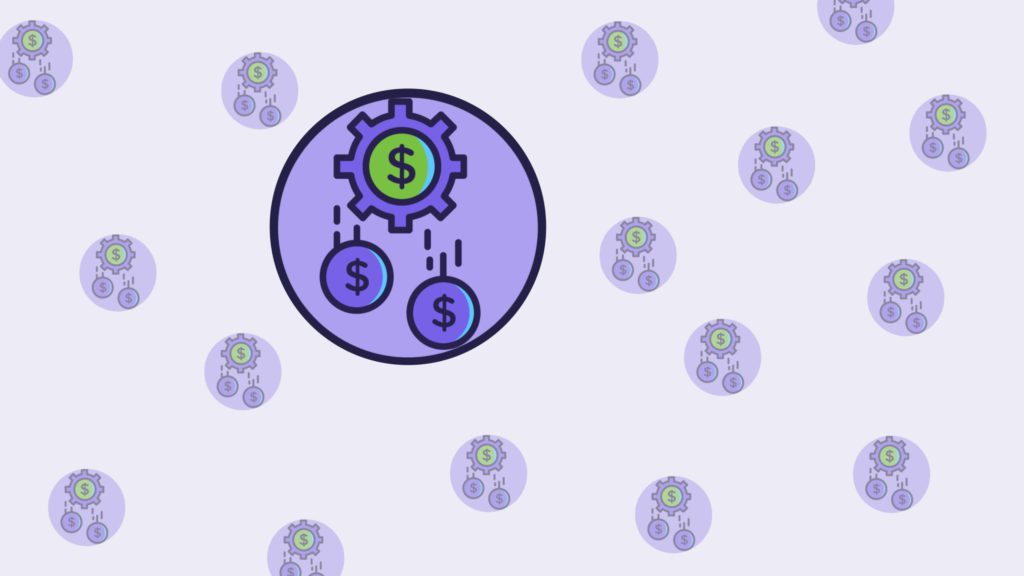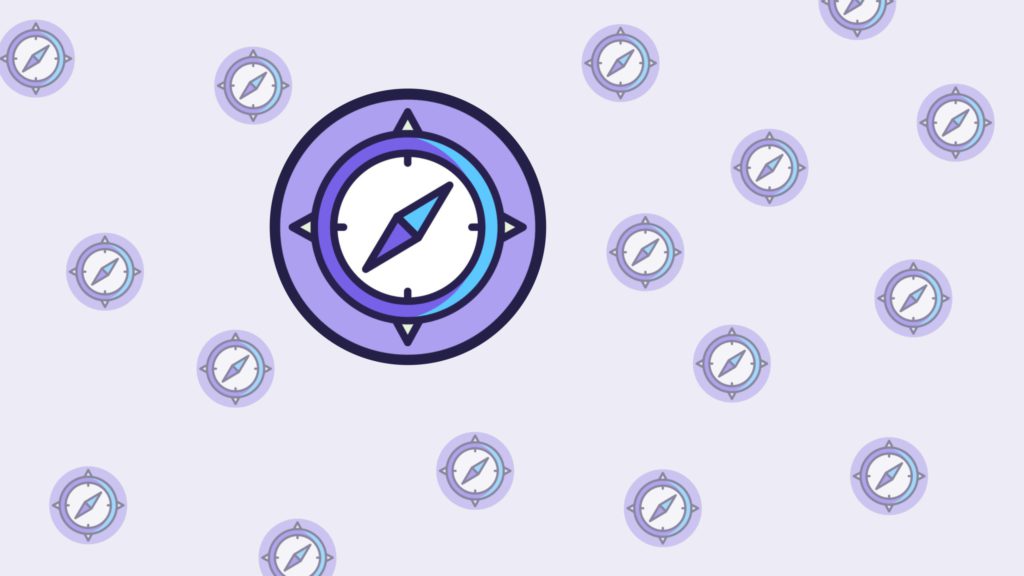Skills: Decision Making
Decision Making
Utilizing effective processes to make decisions.
- Can make tough decisions in a timely manner.
- Creates a rationale for making decisions.
- Willing to correct wrong decisions when necessary.
- Defends rationale for decisions when necessary.

About Skills
The type of skills on the Indigo Report are soft skills, also called 21st Century Skills. Soft skills are based on experience and relate to how you interact with others and personal qualities that you bring to a team. The good news is that skills are just strengths you can learn. While some skills may come more naturally to you, it is possible to learn any skill.
Watch more skills videos here: indigoeducationcompany.com/indigo-skills-videos/
Skills: Decision Making Read More »















